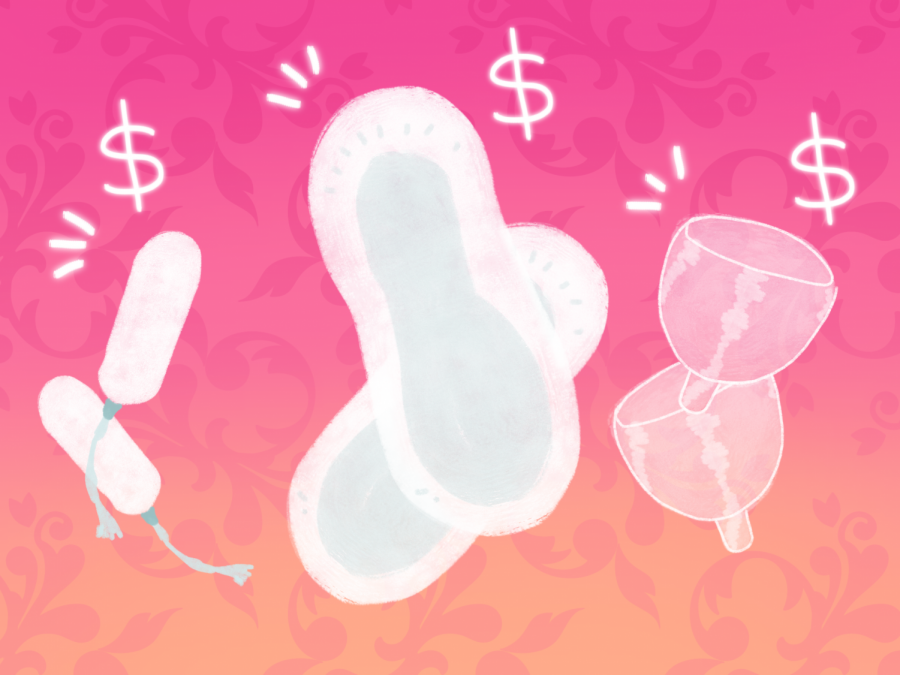Luxuries are diamonds and pearls, not tampons and pads
Photo by Maricruz Reyes
March 8, 2019
Period poverty: the inaccessibility of menstrual products due to financial limitations. Though many have access to a pad or tampon by simply opening and closing a bathroom cabinet, women living in poverty find getting hold of a feminine product a luxury.
“It’s outrageous that feminine products are considered ‘luxuries’ for women. It is like society believes that it is unnatural or that women choose to menstruate,” Angela Ramirez (11) said.
On average, women spend seven dollars on feminine products every month, according to hercampus.com. Depending on where one lives in the United States or the world, menstrual products have the possibility of being taxed, which causes them to be all the more inaccessible. Furthermore, 17 million women in the United States have to choose between having good hygiene every month or having food, as stated by mothering.com.
“I don’t think people should have to choose between being unclean and being hungry. It’s unfortunate that resources, supplies, and money is not distributed in our world, especially in places like India and even in the United States. I think the best the best way to solve this problem is to simply raise awareness and educate more people on this problem; sometimes I don’t even think my own students are aware of these issues,” said Ms. Archibald, metalsmithing teacher.
Due to the lack of affordability, about a tenth of women around the world do not have protection during menstruation, according to figo.org. In addition, 12 percent of women have no choice but to resort to unhygienic or inadequate methods. This may include anything from a plastic bag to an old shirt. Consequently, women without access to feminine products are more likely to get sick and skip school or work.
“This issue makes me sad, because as a society we should all be supportive of one another. Even if it doesn’t directly affect people, they should at least have an idea of the struggle those women go through,” Daniela Crespin (11) said.
With International Women’s Day approaching on March 8, going out and donating spare feminine products to local shelters can improve the epidemics of women in our community alone. A global impact can be made by donating reusable menstrual products to Femme International or donating to Artsy Nepal, an organization that fights against a tradition called chhaupadi that views menstruation as a taboo. What we do as individuals today will impact the sense of dignity women will feel in years to come.








Jonathon Moore • Mar 9, 2019 at 10:10 am
I’m Maleah’s dad and read through this article and you’re correct! It shouldn’t be a luxury to have sanitary needs. I know everything is about money but maybe the restrooms can be stocked with the needed items. Very good article Lady Grizzlies!